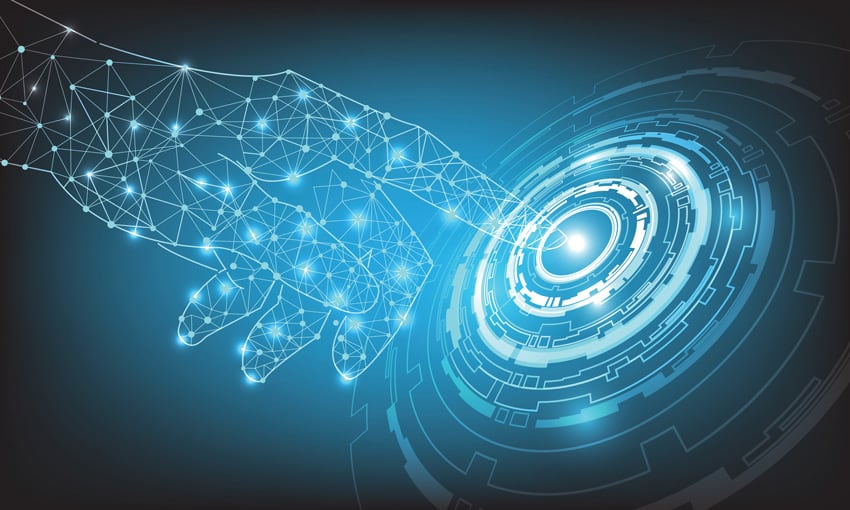e-Discovery Overview
We here at InfoGov World realize we are attempting something challenging: we are trying to unite disparate Information Governance elements under one umbrella. Part of that effort is to educate and illuminate areas that you might not otherwise be familiar with.
With that in mind, let’s briefly discuss eDiscovery.
Electronic discovery (also known as e-discovery or eDiscovery) is in reference to seeking out, locating, securing, and searching for data (electronic) as foundational evidence for criminal or civil cases. This process is conducted offline or through a network. This identification is often done at the request of a lawsuit or an ongoing investigation. Electronically stored information (ESI) can include:
- Emails
- Documents
- Presentations
- Databases
- Voicemail
- Audio and video files
- Social media
- Websites
While it would be simple to just equate evidence from eDiscovery to its hardcopy counterpart, the complexity and volume of the data is an order of magnitude larger. Once the data is collected, they are placed under a legal hold, which means that modification, deletion, erasure, or destruction of the data is strictly prohibited.
recent posts
You may already have a formal Data Governance program in [...]

